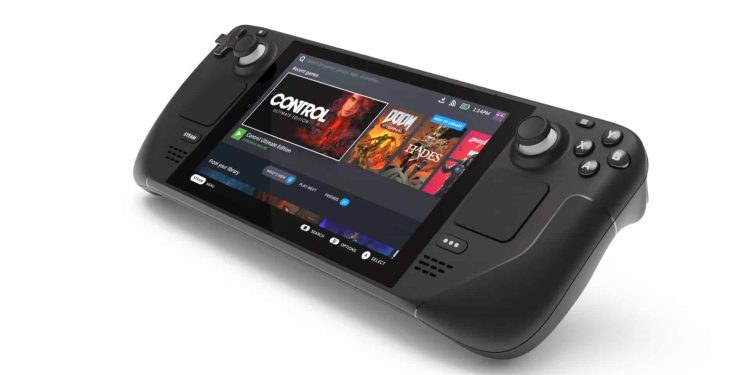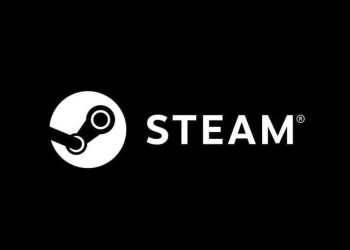Valve has made it clear: a successor to their popular handheld gaming device, the Steam Deck, is not on the horizon for the next few years.
Speaking at the Tokyo Game Show, Pierre-Loup Griffais, one of Valve’s key figures behind the Steam Deck, shared insights into the company’s strategy for the device. The Steam Deck, which debuted in February 2022, was a major move by Valve into the handheld gaming market, blending the power of PC gaming with the portability of traditional gaming consoles.
In a conversation with CNBC, Griffais said, “Right now we’re kind of looking at this performance target that we have as a stable target for a couple years.” He emphasized the company’s satisfaction with the Steam Deck’s current ability to handle new-generation games, stating, “We think that it’s a pretty sweet spot in terms of being able to play all the experiences from this new generation and so far, the new releases are coming out with great experiences on Steam Deck.”
Griffais’s comments highlight Valve’s commitment to ensuring a consistent gaming experience across the board for Steam Deck users. Collaborations with game developers and monitoring user feedback are integral parts of this commitment.
In a separate interview with The Verge, Griffais delved deeper into Valve’s philosophy concerning potential upgrades to the Steam Deck. “It’s important to us that the Deck offers a fixed performance target for developers, and that the message to customers is simple, where every Deck can play the same games,” he said. This indicates Valve’s dedication to keeping the promise of a consistent gaming experience, irrespective of when a user bought their Steam Deck.
But it’s not just about maintaining performance. Griffais also touched upon the challenges of increasing performance without compromising power efficiency and battery life. He stated, “We also don’t want more performance to come at a significant cost to power efficiency and battery life.”



















